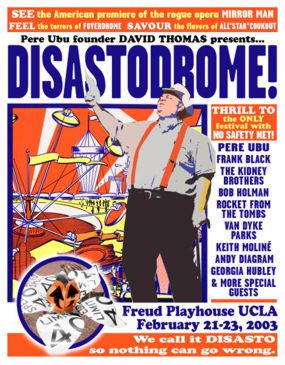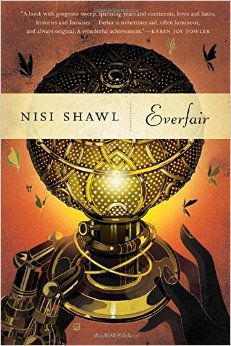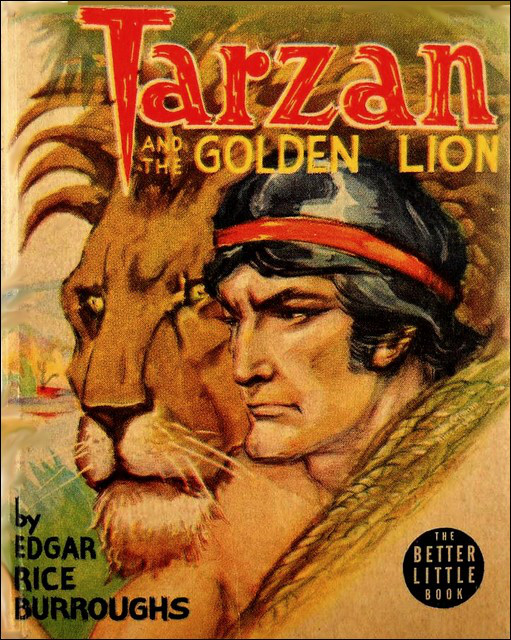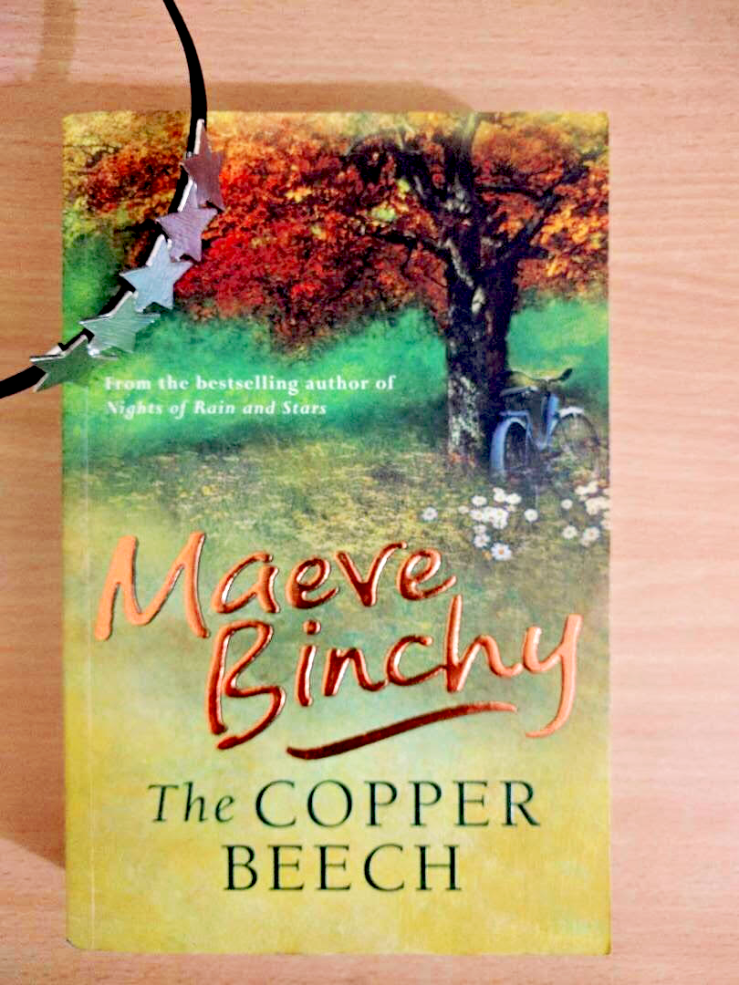
BY STEVEN ROSEN / HARP MAGAZINE / 2003
It’s late night in a Los Angeles motel room and a dog-tired, barefoot David Thomas is dining on broccoli and cognac. “There’s plenty more where that came from,” he tells this reporter, pouring him a glass while he also tries to suppress a broccoli-induced cough.
Thomas, who turns 50 this year and is the ongoing guiding light of Pere Ubu and the rock avant-garde in general, has just arrived in town from London. In a few days, the UCLA Live! performing-arts series, one of the nation’s most adventurous, will turn over an auditorium to the heavy-set, baby-faced rock conceptualist for a three-day weekend. It’s one of L.A.’s most unusual music events of early 2003.
He’ll use it to stage Disastodrome!, a festival of all things Dave that will include a performance of his Kerouac-influenced rock-opera Mirror Man; a first-ever reunion of his seminal Cleveland punk band Rocket From the Tombs and a concert by the current, funkiest version of Pere Ubu.
Thomas has only done this once before — in 1998, when London’s South Bank Centre sponsored a Disastodrome! festival. Thomas composed Mirror Man for that event. (David Sefton, UCLA Live’s director, previously ran South Bank.)
But the roots go back much further — Cleveland, 1977-1978, when the punk rock movement was a scruffy, quasi-dangerous underground scene and David Thomas was a young man full of exciting Iggy- and Beefheart-inspired ideas about rock that roars.
A record-store owner named John Thompson started promoting concerts wherever he could — and his decisions were made out of desperation. “He started doing them down at this old theater in this bad part of town,” Thomas recalls.
“The night Disastodrome was born, someone had set fire to a couch in the lobby and everybody was coming up to Johnny and saying, ‘This is totally screwed up, this is really a mess.’ And he said, ‘Pile it on, I can take it, this is a disaster.’ From that epiphanic moment, he came up with this notion of starting a series called Disastodrome, so nothing could go wrong.”
For this Disastodrome’s Mirror Man at UCLA’s Freud Playhouse, the stage has been evocatively designed by technical director Danny Grace to display the detritus of on-the-road culture — a rusted-out gas pump, telephone poles, a phone booth, an old Coke machine with a see-through glass door. Besides the Kerouac influence, the work is inspired by Edgar Lee Masters’ 1916 Spoon River Anthology, a series of poems in which residents of a town’s cemetery tell of their lives.
“My father is an American literature professor and I would always get out his Spoon River Anthology because it had such a good name,” Thomas says, during our motel-room interview. “I always associated it with ‘Moon River,’ that astonishingly dark song about fatalism and the mystery of death. At least that’s what it seemed like to a kid at the time.”
Live, the complete Mirror Man establishes mood — ruminations on lost youth — more than story. The guest stars, playing characters who each sing or recite poems, are a surprising mix — Bob Holman, Frank Black, Van Dyke Parks, Syd Straw and even Cheers’ George Wendt. The one absolutely riveting musical moment comes when Straw daringly tackles the Brian Wilson/Parks composition “Surf’s Up.”
Wearing suspenders and hat, sometimes leaning on a cane for support or just sitting down to rest, Thomas yips and shouts throughout Mirror Man to his ensemble —including Two Pale Boys members Keith Moline on MIDI-guitar and Andy Diagram on trumpet and electronics and drummer Georgia Hubley. Sweating profusely, he often sips from an omnipresent flask.
If Mirror Man is Thomas’ arty rumination on lost youth, then the final night’s Rocket From the Tombs reunion is the youth in Thomas liberated from making art. It sounds exquisitely loud, free and unaffected. Joining him are fiery guitarist Cheetah Chrome, guitarist Richard Lloyd (a substitute for the late Peter Laughner), bassist Craig Bell and drummer Steve Mehlman.
Chrome consistently pushes Thomas and takes lead vocals on two mournfully elegiac, anthemic songs, himself – “Ain’t It Fun,” which he and Laughner wrote, and Laughner’s “Amphetamine (Take the Guitar Player For a Ride).” By the time the set is over, with a sweaty, giddy Thomas screaming “Final Solution” as the band soars, you’d give anything to hear it again.
Pere Ubu’s comparatively fussy closing set doesn’t quite measure up, despite a mesmerizing rendition of St. Arkansas’ spooky, scary highway song “Dark.’’ And Thomas seems to know why – he’s been upstaged. “I love following myself,” he wryly tells the audience when Pere Ubu takes stage after Rocket. “We were so young and handsome – so full of emotion.”
CONTACT STEVEN ROSEN: srosenone@aol.com
Advertisements Share this:




